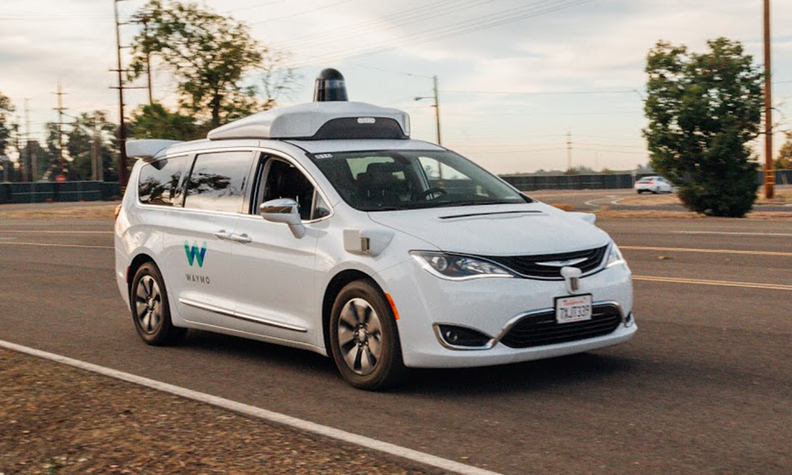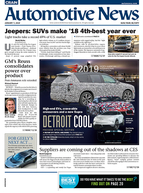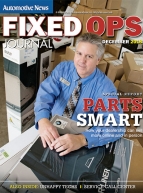Despite the fanfare generated by autonomous technology at CES in recent years, consumers beyond the annual Las Vegas tech showcase remain cool on the prospect of riding in a self-driving vehicle.
A new coalition called the Partners for Automated Vehicle Education hopes to change those consumer perceptions. Consisting of a group of 24 organizations that include traditional automakers, tech companies and safety groups, the organization wants to educate the public and policymakers on potential benefits of automated travel.
Founding members include Waymo, Cruise, Audi and Zoox. Their participation was announced at CES on Monday morning. Working together, the PAVE group will hold events around the country that let consumers get a firsthand look at autonomous-driving systems and features.
The group is technology-agnostic — they won't favor fully self-driving systems over advanced driver-assist features or vice versa or weigh in on what the best sensor configuration might be on particular vehicles.
They intend to give the public a broad understanding of the available features on the market and counter some of the problems they see developing, namely both over-trust and under-trust in automated features and systems.
"There's been some unrealistic hype, and there's challenges that have grown from a public attitude that believes these things are on the road right now," said Gordon Trowbridge, spokesman for the group. "And there's the flipside about an unrealistic fear of being afraid of your Terminator car. So we want to provide realistic understandings of what people are doing. And a glossary."
As a swath of companies near self-imposed launch dates for their autonomous programs, consumers are growing wary of self-driving technology. Seventy-three percent of American drivers say they would be too afraid to ride in a fully self-driving vehicle, according to a AAA survey issued last May. That's 10 percentage points higher than AAA's previous study of the same issue, released in late 2017.
A study released by the Brookings Institution in July echoed those findings. Researchers reported that only 21 percent of adult Internet users said they were inclined to ride in a self-driving vehicle, while 61 percent said it was unlikely they would ride in one.
Automakers involved include Daimler, Intel and Toyota. Other organizations include the American Public Transportation Association, Munich Reinsurance America and the National Safety Council.
The National Safety Council's involvement is noteworthy because the nonprofit organization has already been leading similar efforts. On its mycardoeswhat.org website, the group catalogs tech features expected on cars through the 2022 model year, and provides explanations on safety features such as adaptive cruise control, automatic emergency braking and pedestrian detection.
Beyond the technology itself, PAVE wants to discuss potential benefits that automated tech might someday bring, such as improved mobility, increased road safety and the improved efficiency of transportation systems.
Dates have not yet been set for these explanatory events.


